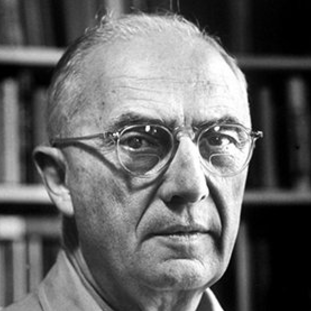I tried to put a bird in a cage.
O fool that I am!
For the bird was Truth.
Sing merrily, Truth: I tried to put
Truth in a cage!
And when I had the bird in the cage,
O fool that I am!
Why, it broke my pretty cage.
Sing merrily, Truth: I tried to put
Truth in a cage!
And when the bird was flown from the cage,
O fool that I am!
Why, I had nor bird nor cage.
Sing merrily, Truth: I tried to put
Truth in a cage!
Heigh-ho! Truth in a cage.
Published:
1913
Length:
Regular
Literary Movements:
Imagism
Modernism
Anthology Years:
2023
2025
Themes:
Agency
Nature
Literary Devices:
Extended Metaphor
a metaphor that extends through several lines or even an entire poem
Imperative
an instruction or a command
Irony
the expression of one's meaning by using language that normally signifies the opposite, typically for humorous or emphatic effect
Metaphor
a comparison between two unrelated things through a shared characteristic
Repetition
a recurrence of the same word or phrase two or more times

